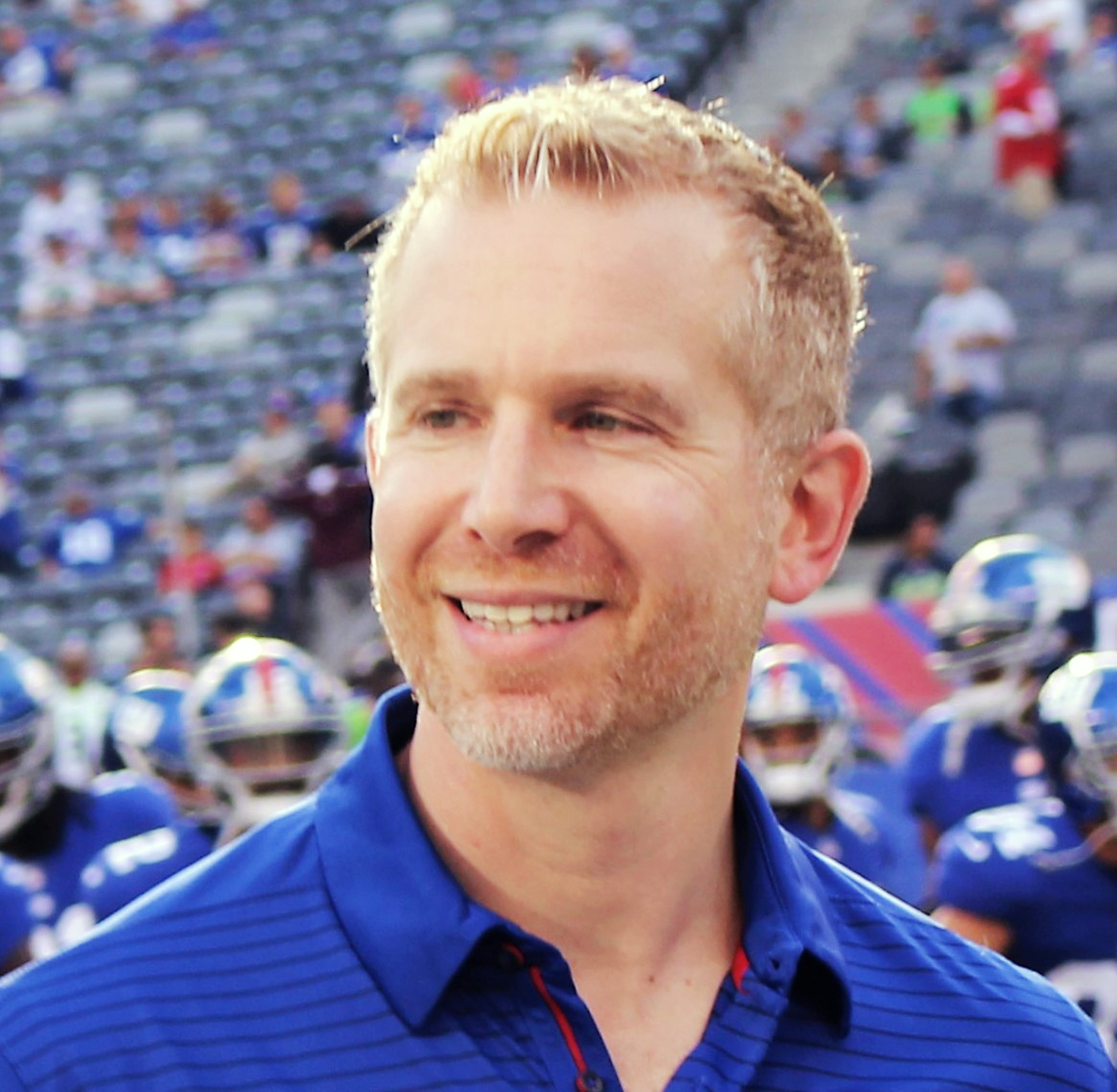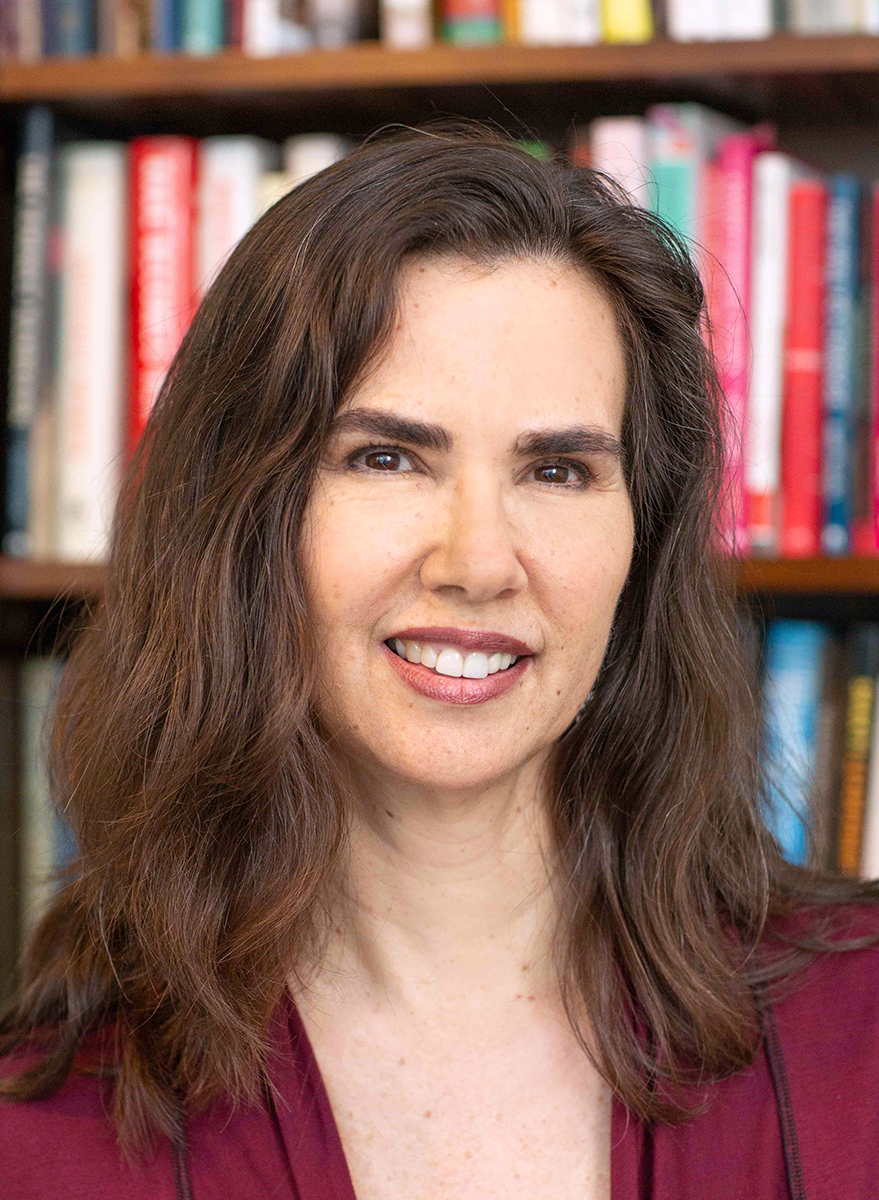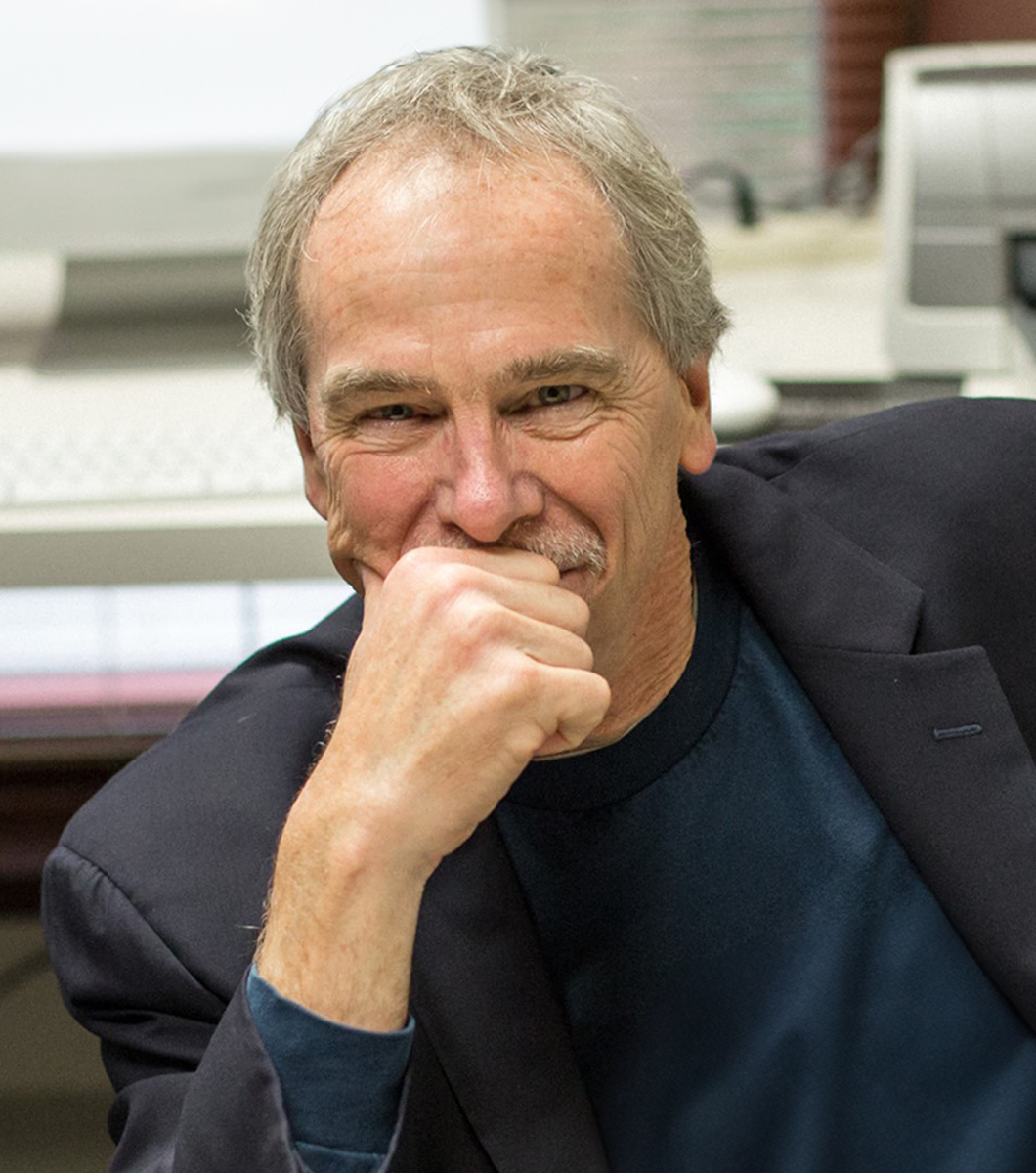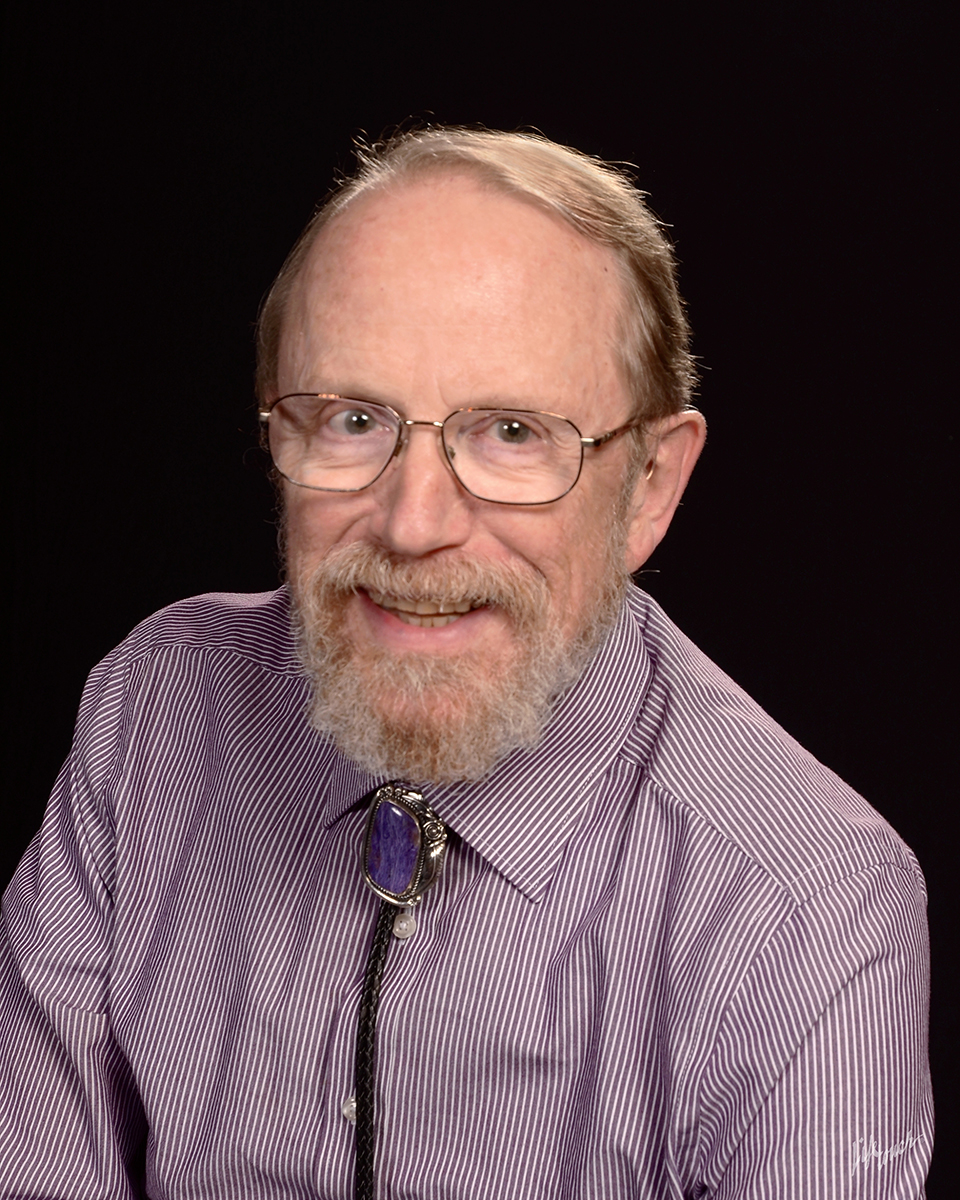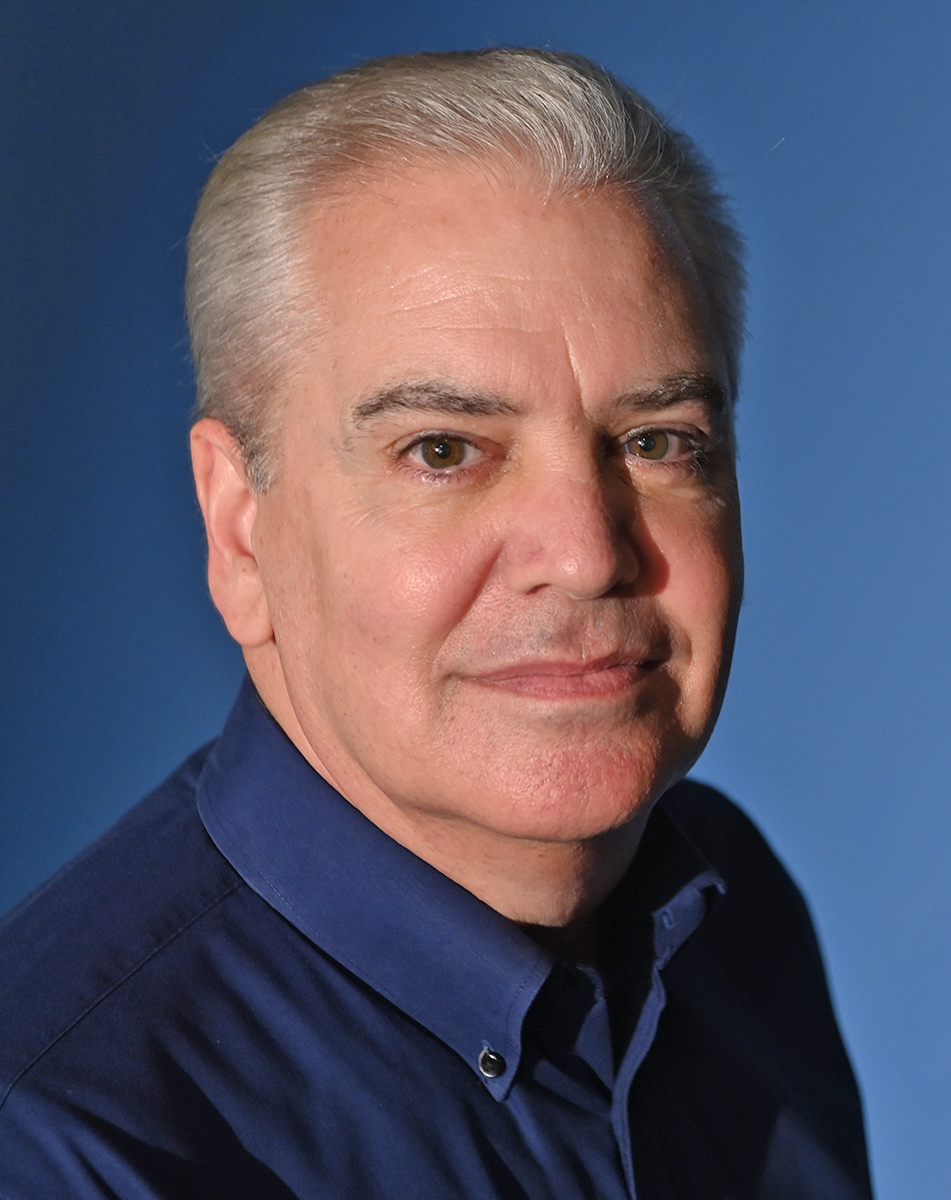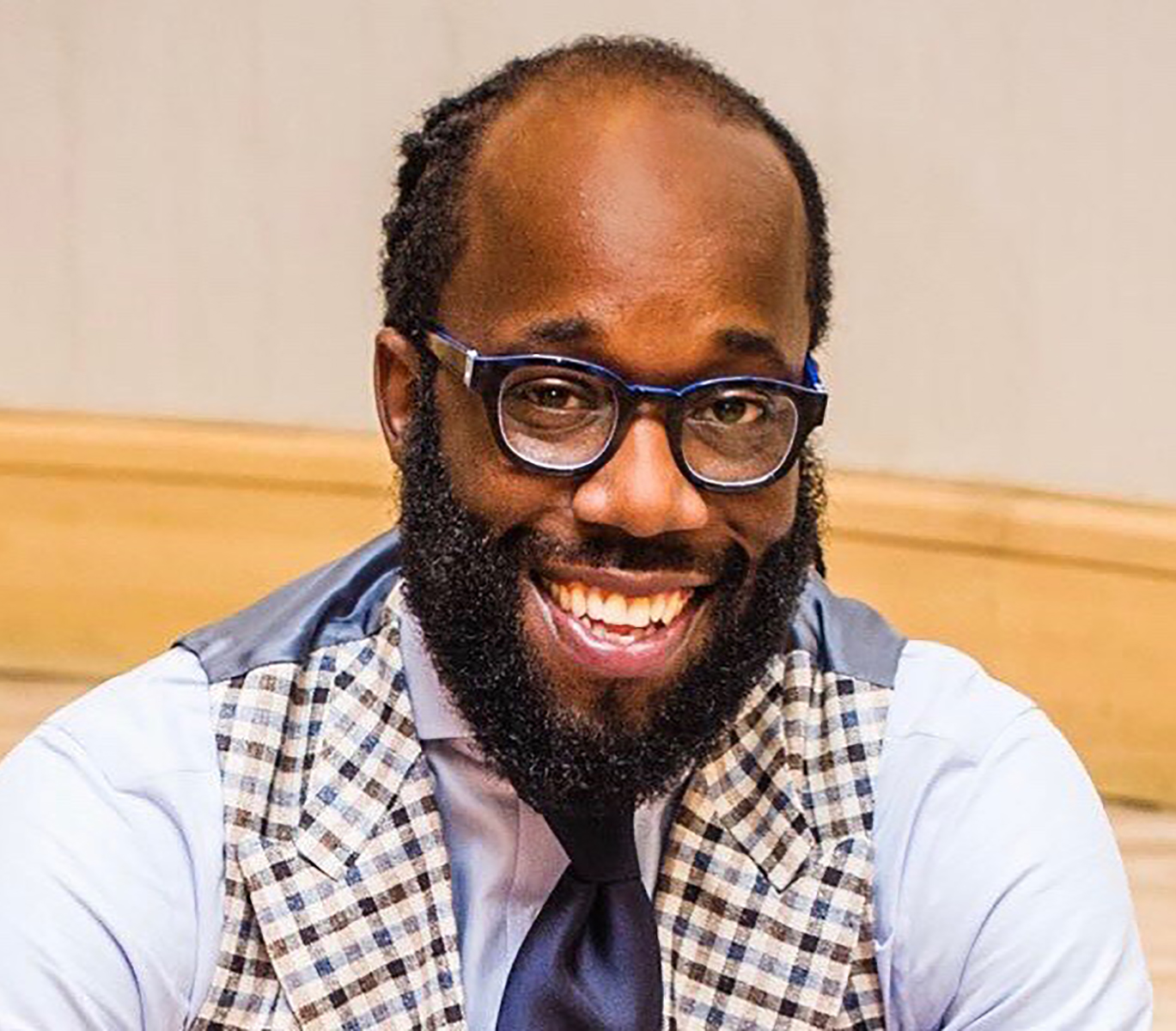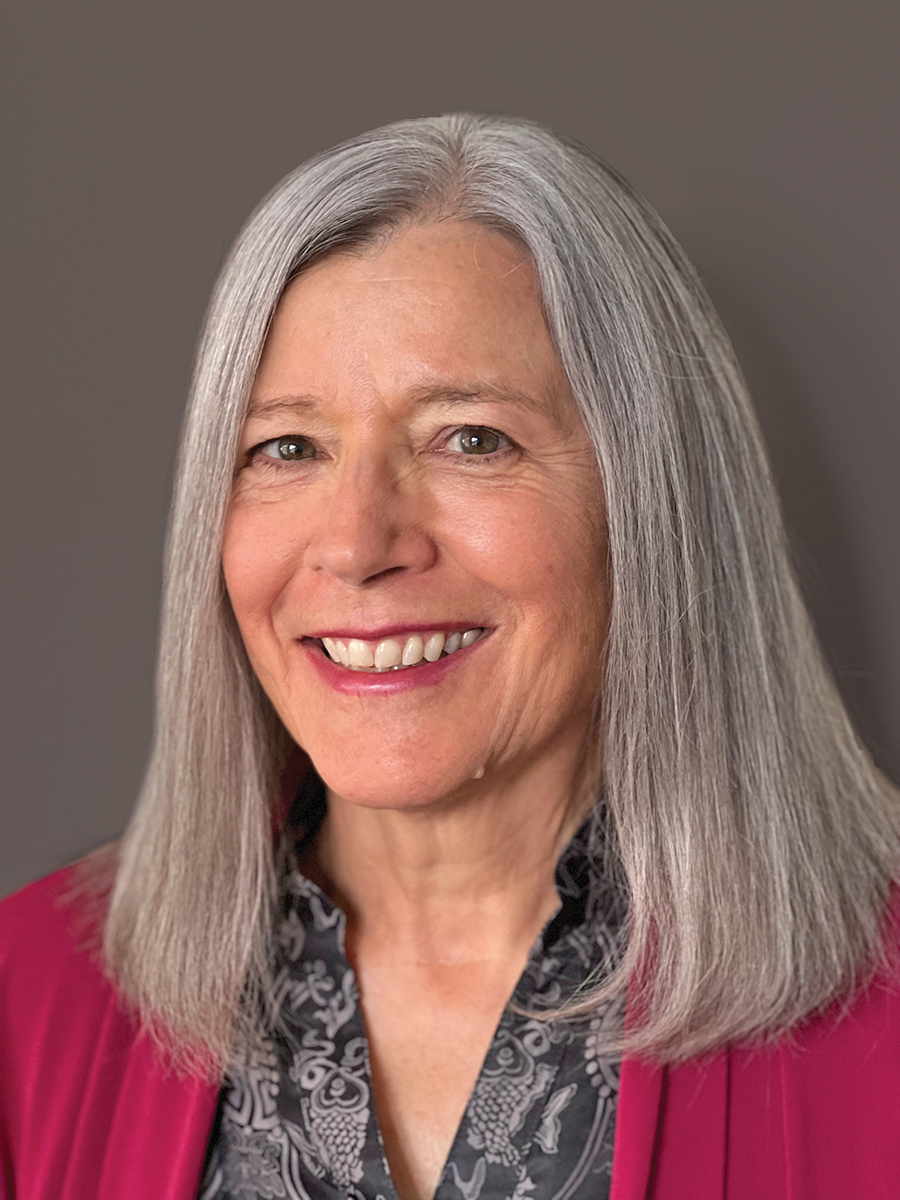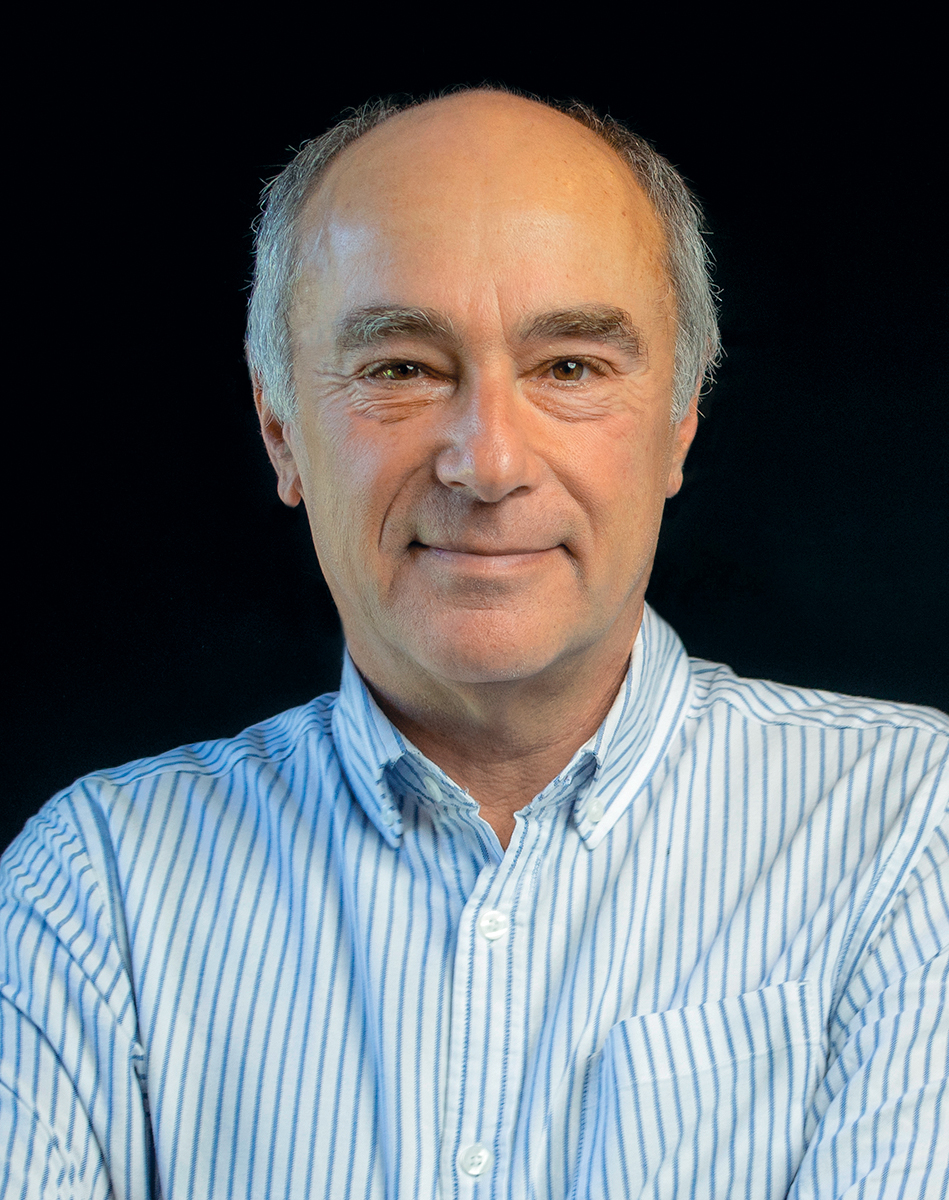Q&A with the Author
- What made you decide to write this book?
- What was the hardest part of writing it, and what was the easiest?
- What is one important lesson or message you hope readers take away from the book?
- Are there any other books that greatly influenced your writing process and/or your research?
- What led you to your specific area of study (the subject of your book)?
- Tell us one fascinating thing about the topic.
- Are there any common misconceptions about the topic?
- What advances do you hope we will see in the next 10 years?
- What made you decide to go into the field of mental health?
- When you are not working, what do you do for fun?
- What is your all-time favorite book?
- Is there a project that you are excited to work on next? (A presentation, a workshop, writing another book, etc.)
Tell us more about your latest book!
What made you decide to write this book?
I co-wrote Coaching Athletes to Be Their Best because motivational interviewing (MI) has transformed the fabric of my life. I was introduced to MI at 19 years old. This was before I attended graduate school and began my doctorate in clinical psychology. It was before I was exposed to other powerful strategies for helping people change their behaviors, such as cognitive behavioral therapy, sport and performance psychology, and mindfulness-based approaches. For me, MI is what I call a "universal donor" in that it can be added to other methods of helping people in order to make those approaches more accessible, warm, and effective. Because I have seen how much MI can help people in all walks of life, I am on a mission to increase its availability and impact in areas where it has not yet been developed, such as youth, college, and professional sports.
What was the hardest part of writing it, and what was the easiest?
The hardest part of writing this book was that my coauthor is a legend. Working with Steve Rollnick was so inspiring. Even after I’ve practiced and taught MI around the world for 20 years, Steve continues to inspire and show me new aspects of this incredible approach. However, I believe that through my experience with professional sports, I was also able to intrigue and ignite his creative mind. So, together we formed a unique synergy (along with the other coauthors Jeff Breckon, and Theresa Moyers) and developed a really dynamic book!
What is one important lesson or message you hope readers take away from the book?
In recent years I've been studying and incorporating elements of the literature on emotional intelligence into my work. The cornerstone of emotional intelligence is self-awareness—the ability to understand your feelings, and to some extent understand those of others as well. Self-awareness, particularly during conversations with others, is so important in MI. My hope is that this book helps coaches of all kinds become more self-aware (more able to see themselves in their conversations) and thus change in order to benefit others in changing.
Are there any other books that greatly influenced your writing process and/or your research?
The main book that influenced the research and writing process was Motivational Interviewing: Helping People Change. This is the seminal text in the field about MI, and includes the most comprehensive explanation of the technique, its tenants, and spirit. Our book, Coaching Athletes to Be Their Best, is a practical playbook for coaches on how to apply the tenants of MI to sports. In addition, the writing of my other book, Life As Sport, led me to write this book because I found that many people in the field of sport psychology have all the tools to help people, but need help developing and honing their conversational style to get the most from their interactions with athletes.
We are interested in learning more about your expertise.
What led you to your specific area of study (the subject of your book)?
After working in professional sports for over a decade in Major League Baseball with the New York Mets, and in the National Football League with the New York Giants, I found that that one of the biggest roadblocks to change was athletes having difficulty developing a positive and connected relationship with their coach. Many athletes in fact wanted to improve, but friction and confusion in communication with coaches often stymied that process or rendered it less effective. I found MI skills helped me not only to communicate better with athletes, but also with coaches, training them to improve their own skills in communication. I began to see the opportunity for many coaches to learn about motivational interviewing and began to imagine a future in which they would be trained in this technique. In addition, in youth sports, I've seen younger athletes quit their teams because of negative experiences with peers and coaches. My dream is that this book has a positive impact on those kids, coaches and parents and changes the landscape of youth sports for good.
Tell us one fascinating thing about the topic.
The most fascinating thing about MI is that, in my experience, having done hundreds of motivational interviewing workshops, almost wherever you go, whether you're training coaches, law enforcement officers or surgeons, most people have a similar reaction to learning about motivational interviewing, which is to say "Oh, this is kind of like what I do." Meaning there is an inherent truth people recognize in the tenets of collaboration, partnership, and compassion, and that most people are attempting to live in harmony with those values. It's fascinating how although these values are ubiquitous, many people still struggle to stay in harmony with them. This approach can help people to find the path to being the kind of person they truly want to be—and know they should be—within a coaching relationship.
Are there any common misconceptions about the topic?
One of the common misconceptions about MI is that this is a passive and non-directional way of having a conversation. In reality, MI is much more active. There is a lot of direction and guiding involved. MI definitely has components of a traditional, positive, unconditional regard based approach. It is client centered, focusing on what is important to the person. However, it's a big misconception that we don't guide and direct the conversation in MI. In fact, this book is about helping coaches guide and direct athletes in a conversation about change in a positive, effective, and warm but strategic way.
What advances do you hope we will see in the next 10 years?
My hope is that evidence-based approaches to positive coaching like MI will become more standard in the training and development both of youth coaches as well as professional coaches in sports. My belief is that sports are a training ground for life and that if athletes are treated well and respected and coached in a benevolent and thoughtful way, this will in turn produce people who will be helpful, kind and encouraging—both on and off the field.
What made you decide to go into the field of mental health?
My mother had a resume writing business and I grew up listening to her use what's now called a "growth mindset," to reframe people's biographies and careers in the most strength-based way possible. I was fascinated by these conversations both by the ways my mother used to engage and empower people and by people's varied stories. From a very early age, I was interested in how people got to be the way they are, but also very interested in what I call the psychology of improvement. My entire path through psychology has been focused on helping people improve at what they do. Much of that work has been with professional athletes, but I've also enjoyed working with firefighters, performing artists, and business people. There's something so rewarding about helping people capitalize on their talents and reach their full potential.
Now a little bit about you…
When you are not working, what do you do for fun?
I spend a ton of time with my family playing games, being outdoors, and playing lots of practical jokes! I am an avid poker player and surfer and a very, very, very beginning guitar player. I also write fiction. I feel so grateful to find my "work" to be fun. I really enjoy coaching people and speaking to groups on performance improvement and work and life wellness.
What is your all-time favorite book?
My all-time favorite book is Forever by Pete Hamill, It is a fantasy book about a young boy who sees the entire development of New York City from its inception to modern day.
Is there a project that you are excited to work on next? (A presentation, a workshop, writing another book, etc.)
Sometimes I refer to myself as an actor of nonfiction, I enjoy bringing helpful concepts from psychology to varied audiences. I'm very excited about all the upcoming presentations and talks I'm doing with various organizations and companies on the topics of performance, motivation, finding enjoyment, leadership and mental conditioning.
See all titles by and read more about Jonathan Fader on his author page!
